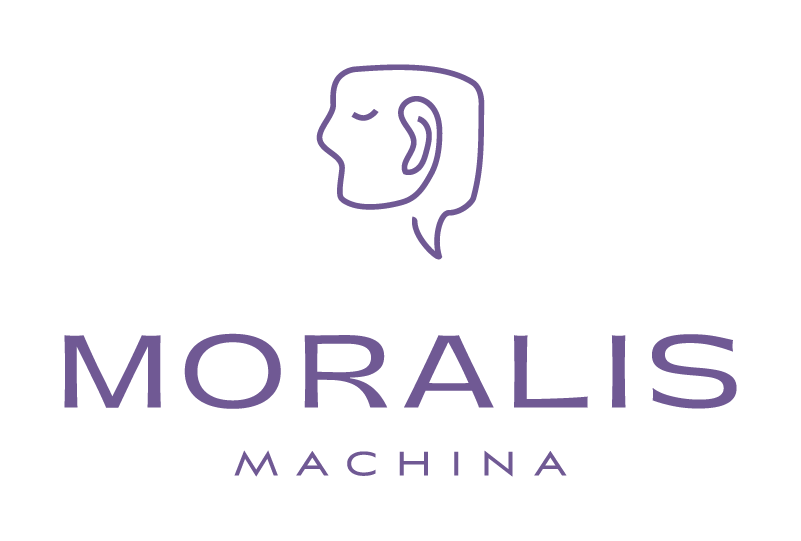The Attraction of an OBM Certification
Why an Organizational Behavior Management Certification Often Falls Short
What Truly Makes a Difference in Your OBM Career
How Moralis Machina Does OBM Differently
FAQ: OBM Certifications and Career Transition for BCBAs
Do I need an OBM specialist certification to get an OBM job?
No. While it may help with foundational knowledge, most OBM roles don’t list “OBM certification” as a requirement. Instead, they look for demonstrated ability to improve systems, measurable outcomes, and business-savvy communication.
Is an organizational behavior management certification the same as a professional credential or license?
Not usually. Many of these certificates are evidence of course completion, not regulated or accredited credentials. Check the claims carefully: what accreditation body, recognition, and vetting are involved?
Are OBM certifications helpful for BCBAs working in clinics?
Definitely! They can help you improve internal processes like staff training, supervision systems, scheduling, and billing. But if your goal is to become a consultant, move into corporate OBM, or lead operations, the certificate alone is unlikely to push you ahead.
Which OBM sub-disciplines should I consider?
We recommend considering triangulating 3 things to help you decide. The type of industry, the problems you help solve, and the type of lifestyle you want to have.
How does Moralis Machina support tailored OBM education for BCBAs?
We create learning paths focused on your BCBA‐skillset plus the OBM sub-discipline you want. You’ll work on real-world projects, produce measurable outcomes, gain skills, and earn credentials that business-practitioners and hiring managers understand.
Final Takeaway
